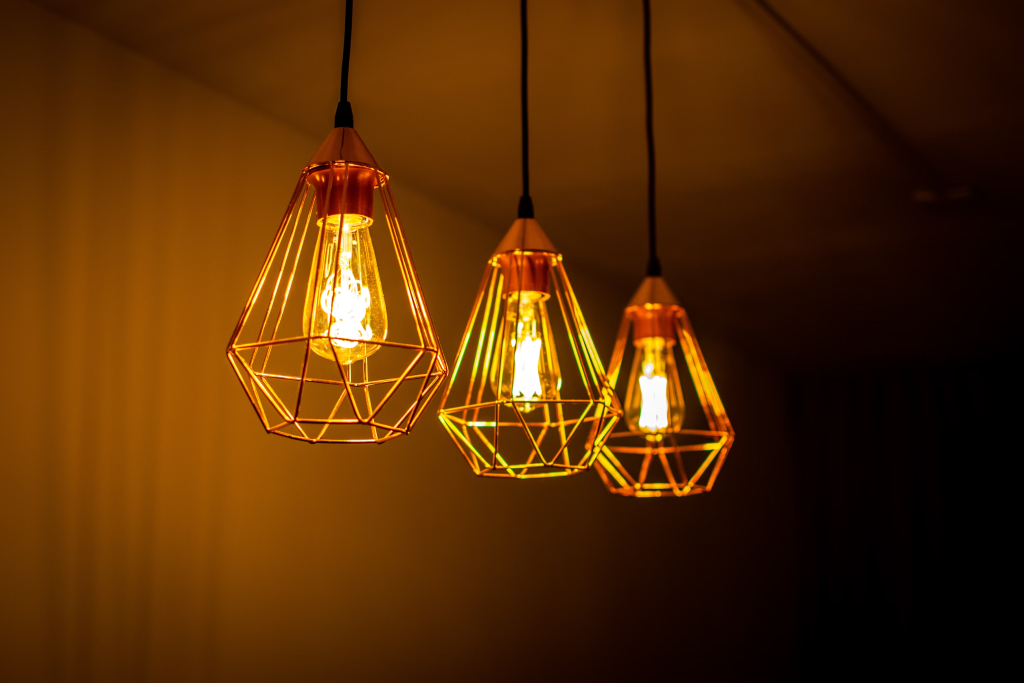
5 Common Electrical Problems in Homes (And How to Spot Them Early)
Electricity is one of the most essential — and most taken-for-granted — parts of a home. But when something goes wrong, it can lead to serious safety risks or costly repairs. Fortunately, many common electrical problems give off warning signs before they become emergencies.
In this article, we’ll cover five of the most common electrical issues found in homes and how to catch them before they get worse.
1. Frequently Tripped Circuit Breakers
What it means: If your breakers are tripping often, your system is likely overloaded.
What to watch for:
-
Breakers that trip when you plug in certain appliances
-
Entire rooms losing power during everyday use
What to do: You may need to redistribute electrical loads or upgrade your panel. Find a licensed electrician to assess your system safely.
2. Flickering or Dimming Lights
What it means: This can be caused by loose wiring, faulty switches, or voltage fluctuations.
What to watch for:
-
Lights that flicker when major appliances turn on
-
Dimming lights in one room but not others
What to do: Don’t ignore this. Flickering can be a sign of loose connections that could become a fire hazard if left unaddressed.
3. Dead Outlets
What it means: If an outlet stops working, it could be a tripped GFCI, a wiring fault, or a burned-out connection.
What to watch for:
-
Outlets that are completely unresponsive
-
A faint burning smell or discolored cover plate
What to do: First, check for a tripped GFCI outlet nearby. If that’s not the issue, it’s time to bring in a pro.
4. Outdated Two-Prong Outlets
What it means: Homes built before the 1970s may still have ungrounded two-prong outlets, which are unsafe by today’s standards.
Why it matters:
-
These outlets offer no grounding protection
-
Many modern devices aren’t compatible without adapters
What to do: Upgrade to three-prong, grounded outlets — ideally with GFCI protection where needed.
5. Warm or Sparking Switches
What it means: Heat or sparks from switches and outlets are signs of loose connections or faulty components.
What to watch for:
-
Switch plates that feel hot
-
A slight shock when plugging something in
What to do: Shut off power to the outlet or switch immediately and find an electrician. These are clear fire risks.
